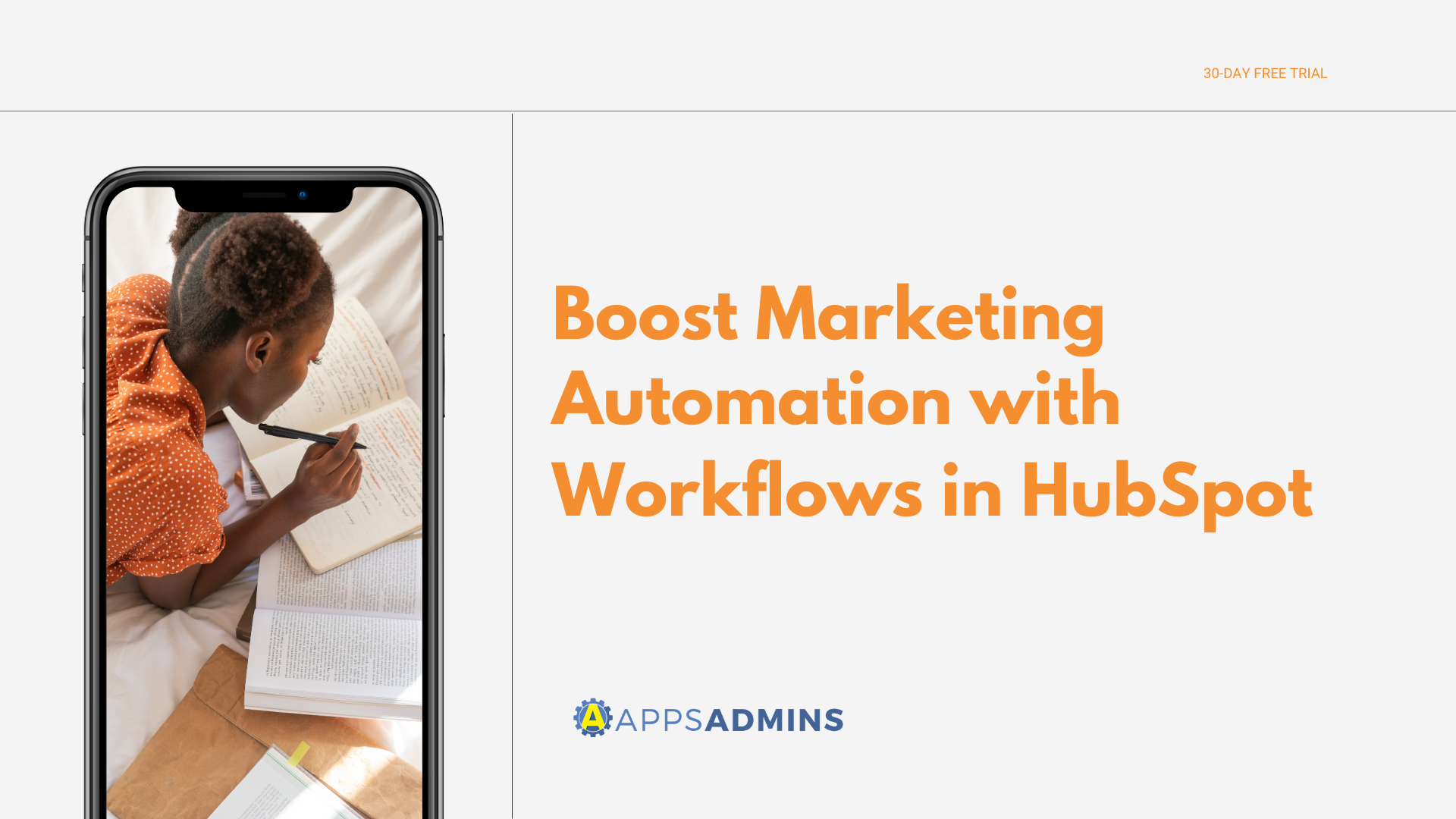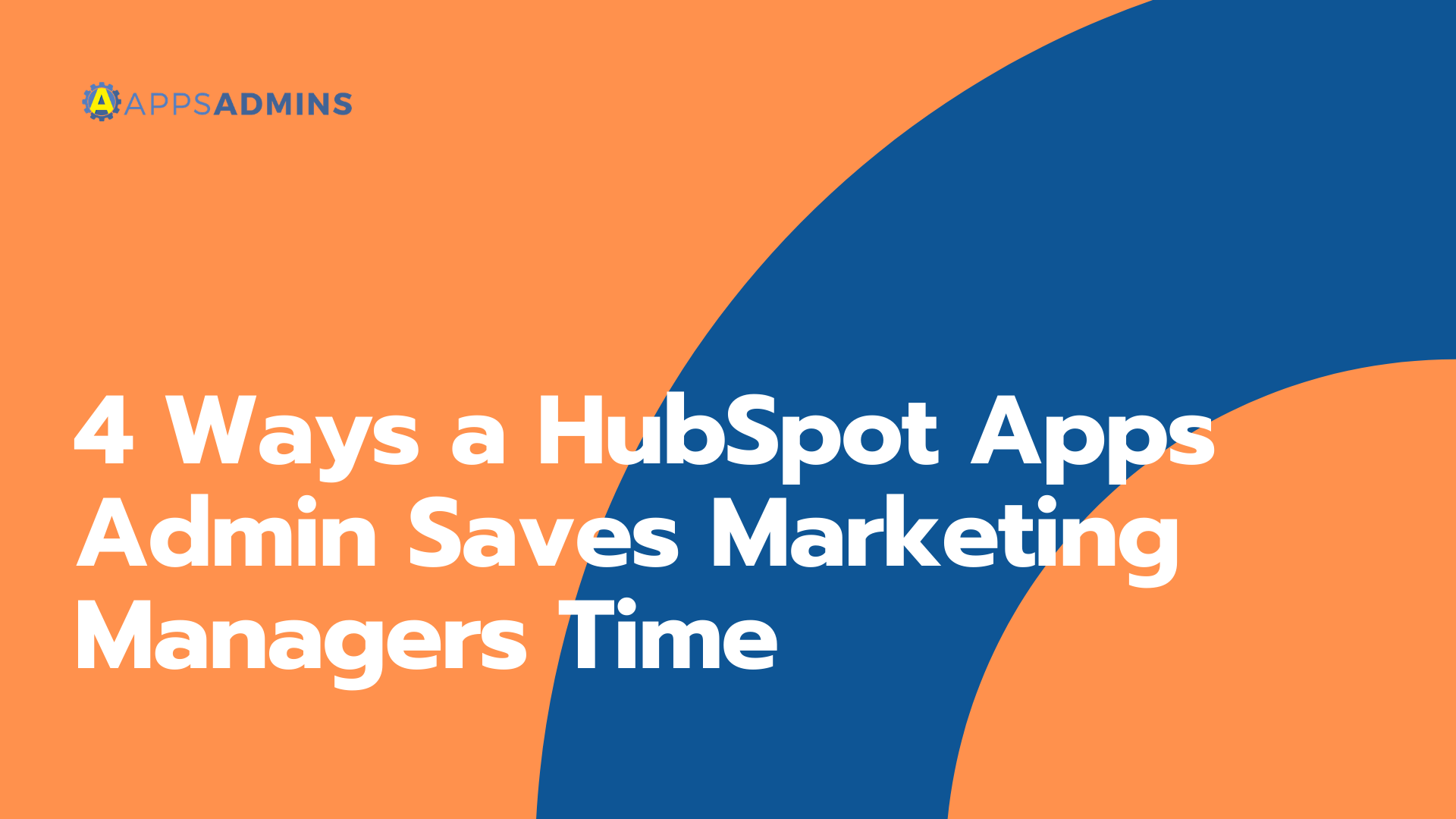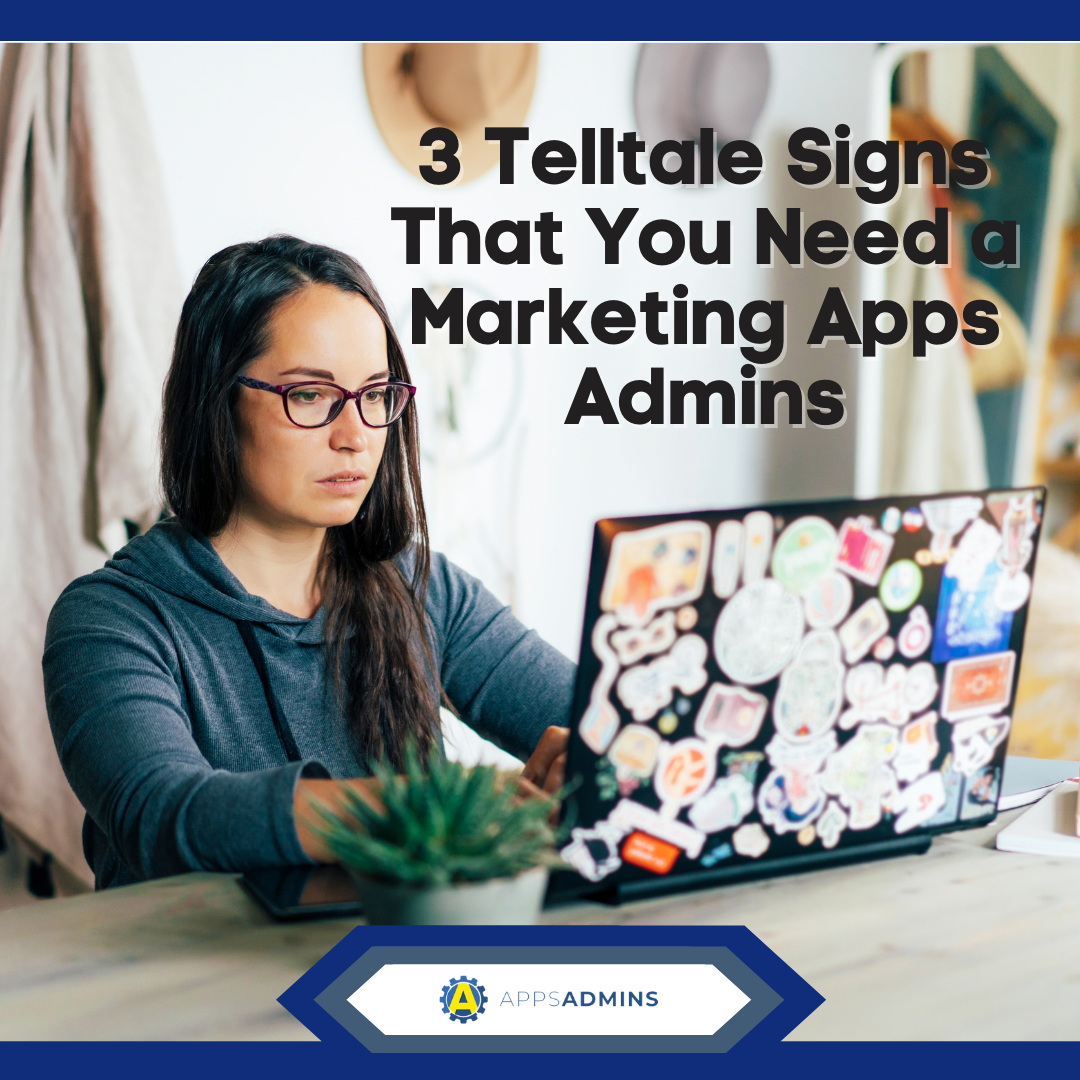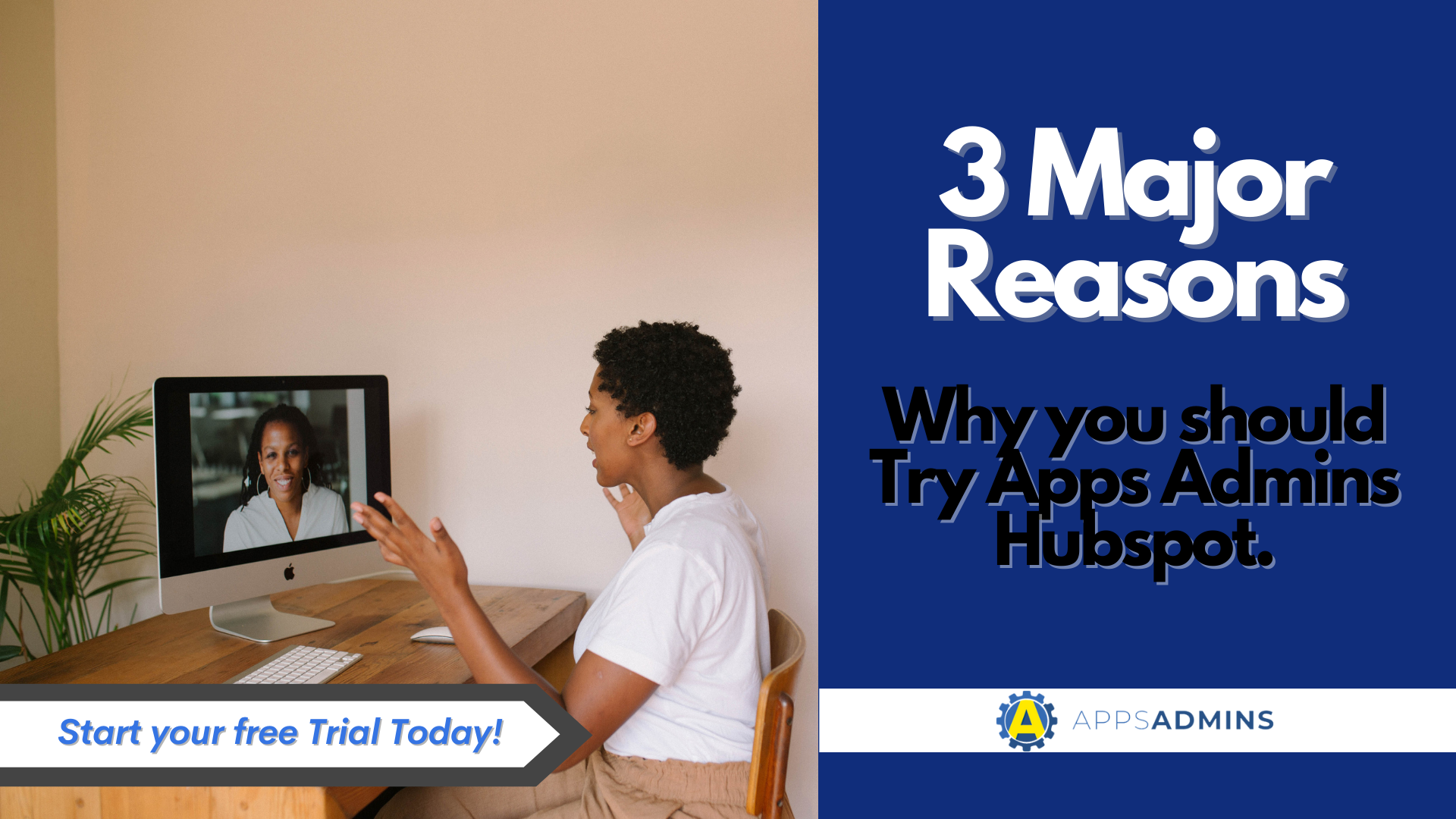G Suite Business Free for 30 Days
Sign up for a Free 30 Day Trial of G Suite Business and get Free Admin support from Google Certified Deployment Specialists.

 Back in November of last year (2017), Salesforce and Google announced one of the most high-profile partnerships to hit the cloud computing world. Bringing together one of the world's most popular cloud computing portfolios, and an incredibly lucrative customer relationship management software was a genius move for both companies. Now, the Salesforce core platform and G Suite will be intrinsically linked - but what does that mean for users?
Back in November of last year (2017), Salesforce and Google announced one of the most high-profile partnerships to hit the cloud computing world. Bringing together one of the world's most popular cloud computing portfolios, and an incredibly lucrative customer relationship management software was a genius move for both companies. Now, the Salesforce core platform and G Suite will be intrinsically linked - but what does that mean for users?
Salesforce will be using the tried and tested Google cloud infrastructure to expand and enhance its own CRM services. While it's safe to say that Salesforce has a lot to offer the Google and G-Suite community, the ability to access Google Analytics through your Salesforce strategy could be the ultimate next step in the marketing experience.
Not only is the Salesforce and Google partnership the very first of it's kind - but it's also one of the most exciting things to happen for cloud computing since the dawn of Google Cloud. As the Executive Vice President of Strategic Accounts and Business Development for Salesforce, Ryan Aytay, said during a press release: the collaboration is an innovation in productivity. It's about bringing two companies together to serve customers with smarter and more efficient services.
Salesforce and Google Deliver the Best of Both Worlds for Customers
In a media-based discussion about the partnership, both Google and Salesforce noted that their integration has been a highly-requested feature for many customers in recent years. As organizations around the world continue to recognize the importance of customer experience for brand differentiation and sustainability, the Salesforce and Google integration has opened the product up to deliver new levels of CX and support.
While Google has offered the world dozens of APIs in the past that they've been able to use to build on top of the Analytics experience, it's never created a solution that opened the product up to such a significant integration in the past. By combining the G-Suite tools with the solutions of Salesforce, Google has ensured that its customers can take the next step in digital transformation. Marketers will now be able to combine the data they take from their websites with their customer profiles in salesforce, to ensure a more personalized and focused customer experience.
According to reports issued at the time of the integration announcement, Google will be using the partnership with Salesforce to boost adoption of their G-Suite platform. Already, G-Suite has earned a huge amount of popularity in the cloud computing space, but it's still competing with other solutions like Microsoft Office 365. With the Salesforce integration, Google should be able to push ahead of the other services in the marketplace - and it's not the first high-profile alliance that Google has made in recent years either.
Back in October 2017, Google announced a significant partnership with the telecommunications company Cisco. Additionally, in August, they revealed their multi-year deal with the Marketo company. Under the new Salesforce and Google Cloud partnership:
-
Google will become a "preferred cloud partner" for Salesforce. This means that Salesforce will be using the core services of the Google cloud for their infrastructure growth.
-
The Salesforce CRM software and G Suite will integrate to deliver high-level collaboration tools and Salesforce Lightning.
-
Google Gmail, Hangouts, and Calendar will tie into the Salesforce Quip service. Additionally, the Quip live apps can be embedded into the Google Calendar and Google Drive. This means you can access details about your customers directly from the Salesforce CRM.
-
Google Analytics 360 and Salesforce Marketing Cloud will be integrated into a single dashboard. This should allow for better customer relationship management and analytics.
The Core Elements of the Salesforce and Google Partnership
According to both Salesforce and Google, there are four critical elements to the partnership. The first is the Salesforce and Google Analytics data integration - essential for helping companies to learn more about the buyer journey. The second is the new solutions that Salesforce will be building on the Google Cloud Platform. Third, G-Suite will be a free addition for Salesforce customers, and fourth, both platforms will offer the same selection of services to their customers.
Perhaps the most important feature for any company is the fact that Google Analytics Users will be able to instantly import data from their Salesforce CRM tool, for information about purchasing opportunities and leads, among other things. This could mean that marketers have a more comprehensive view of the buyer journey, all the way from the initial contact, to the sale. They'll also be able to develop a stronger understanding of how everything in their buyer cycle fits together for the best outcome.
The connection between Salesforce information and Google analytics is all about the drive towards "Big Data". It should allow companies using the analytics program from Google to mix and match their information between two systems, to build a more comprehensive system for customer support. Additionally, both brands are taking the system a step further with the integration of Google's data warehouse service - BigQuery. This means that users will be able to combine the data they have on the Google/Salesforce platform, with other data sets elsewhere.
If that wasn't enough, Google and Salesforce are building a connection between the Google ad pipeline, and the Salesforce system, so that companies can connect their prospects with the right marketing, at the best possible time. Ultimately, this means that you get the best possible chances of conversions - and potentially a better way to build customer loyalty.
What are the Benefits of The Google and Salesforce Integration?
Even at a glance, the benefits of the Google G-Suite and Salesforce integration seem simple enough, but let's dive into them a little further for those who are still on the fence. After all, the industry might think that the Salesforce Google connection is a big deal, but it's important to make sure that the integration means something for you.
According to Google and Salesforce, the purpose of the connection is to deliver smarter customer engagement and marketing insights to companies, so that they can develop stronger buyer relationships. The integration should also help companies to become more productive, by accessing powerful customer intelligence on both their Salesforce and G-Suite systems.
Ultimately, it's all about bringing the power of big data into the marketing world. The Salesforce and Google Cloud integration should help companies to better understand how different customers are engaging with their brand on a deeper level, preparing everyone for a future focused on CX. One of the initial integrations that the companies will be offering involves connecting the Salesforce experience with G-Suite so that you can surface important data for your team, regardless of what app you're using. For instance:
-
You can embed your Google Sheets anywhere within the Salesforce experience to provide useful data for end-users: With a single click, you'll also be able to push information from your Salesforce Reports or Records into a new Google Sheet - with bi-directional updates happening automatically, to keep everyone informed of the latest information.
-
Access Quip's live app for Google Calendar and Google Drive: This ensures that teams will be able to embed a wide selection of useful Drive files, including Sheets, Slides, and Documents within their Quip experience. Ultimately, the result will be a more efficient and effective open cloud environment.
-
Gather important customer data from the Salesforce CRM while active in Google Hangouts: With Salesforce in your Hangouts system, you'll be able to uncover the insights you need to solve customer service requests and drive deals forwards faster.
-
Use Salesforce Lightning in Gmail to uncover important CRM information: Salesforce lightning can integrate directly with Gmail, allowing you to sell and service customers faster than ever. With access to artificial intelligence, you'll also be able to determine the priority of certain emails, so that you can address the most pressing issues first.
The partnership means connecting the cloud-native productivity platform delivered by Google, with the world's favorite CRM system. What's not to like? Simply put, customers will be able to surface some of the most important customer intelligence insights in their company, within the G-Suite system - something that's already used by around 3.5 million businesses today.
Productivity with Business Intelligence
Salesforce is great at managing important business relationships. It holds onto and improves the connections between customers and businesses - which is something that all companies need. However, when you add analytical business intelligence to the mix with a solution like G-Suite, your ability to enhance those connections skyrockets. Google analytics means that companies can evaluate their web traffic and performance data to make marketing initiatives instantly more effective.
According to the Group Project Manager for Google Analytics, the search giant has heard regularly from marketers, complaining about how difficult it can be to connect both offline and online customer interactions to develop a complete view of the customer journey. Over time, Google has begun to develop their focus on that customer journey, working to help companies around the world leverage the end-to-end experience more effectively. The combination between Salesforce and Analytics should mean that marketers can combine their digital analytics and offline sales data for a more complete view of their conversion funnel. By bringing data together in the same place, Google has ensured that end-users can:
-
Analyse their cross-channel marketing performance to find out which channels and programs influence customer segments the most.
-
Assess customer lifetime value to target more valuable customers with specifically targeted messaging.
-
Evaluate online media to see how it impacts offline sales. Marketers will be able to tie each transaction to customer behavior experiences, to get an accurate view of their ROI.
Alongside a host of powerful insights, the connection between the two companies will also ensure that marketers can make better decisions on how to serve their customers. The Analytics 360 solution comes with built-in connections to media-buying systems on Google like AdWords and DoubleClick Search so that once you've figured out how you're going to get the best ROI on your marketing efforts, you can instantly start to reallocate funds from within your application.
Salesforce and Google Integrations: And the Roadmap Ahead
Google and Salesforce are both planning for long-term success with their new integration - focusing on the key themes of efficiency, connectivity, productivity, and clever collaboration. Aside from the upgrades that we've already discussed, the roadmap for bringing Salesforce and Google together includes some of the following connections:
-
Google Drive File Connector: The Drive file connector system will surface essential Google Drive insights on the Salesforce platform. You'll be able to attach important files to sales opportunities, accounts, and customer contacts, and support file name searches. You'll also be able to access intelligent Drive features to find some of your most recently edited information and so on. You can also keep account plans directly in your Salesforce system, so teams can reference them whenever they need to.
-
Cloud Identity Management: The GCP "Cloud Identity" service is a cloud-based directory and service for identity management that's used to keep everything in your business running smoothly at scale. The Identity solution will be integrated fully with Salesforce, to ensure that G-Suite users can use their Google credentials to log into their Salesforce experience. Auto-provisioning will come as standard, and admins will be able to modify, create, and delete user identities however they choose.
-
Informed Collaboration: With Google Cloud and Salesforce combined together, companies should have an easier time accessing clever collaboration. You can surface important contextual data in the Hangout Meet video conferencing systems and bring contextual information into a Hangouts chat. You can also initiate Salesforce actions during a Hangout chat conversation. With the help of AI systems like Einstein, users will also be able to access more customized solutions for efficiency and performance. For instance, you can perform certain Salesforce tasks quickly, like creating new contacts or accounts.
-
Combining G-Suite and Quip: If you're looking for a solution that will help you to get your work done faster, then you'll love the integration between G-Suite and Salesforce Quip. The system ensures that you can access your favorite G-Suite solutions within the Salesforce Quip applications. Together, G-Suite and Quip should be able to compete more effectively with the Microsoft SharePoint experience, by surfacing G Suite Calendars, documents, and drives within their Quip apps.
The Power of Salesforce and Google Analytics
While there are plenty of exciting things to love about the Google and Salesforce integration, few things are more compelling to the cloud community than the connection between Analytics, and Salesforce. Analytics are critical in today's business space, and few companies do information better than the world's biggest search engine. With the Google Analytics 360 experience inside Salesforce, users will be able to access:
-
Customer Journey performance metrics: Find out where the gaps might be in your customer experience and develop a more complete sales funnel for end-to-end conversions.
-
Audience activation insights: With Analytics 360, you can assess the nature of your audience as they move through the marketing journey. Data from the marketing cloud will also be available in the Analytics 360 system, so you can create audiences for your advertising campaigns.
-
Sales funnel visualization: Need help to see exactly how you interact with your customers? The Sales Cloud is now available in Google Analytics to improve your targeting efforts.
While it's always been possible to take the Google Analytics experience into Salesforce with the help of free training and APIs, now is the first time that it's ever been a turnkey option for customers. As Google announced during a blog post discussing the upcoming integration, the sales pipeline data that you collect from your Sales cloud, all the way from leads to new opportunities, can now be delivered straight into Analytics 360.
The result of this integration is a more complete and insightful view into the customer's path to conversion. Marketers will also have the opportunity to combine their digital analytics data and offline sales data to ensure that no matter where they connect with their customers, they're offering the same differentiated experience. For instance, if you see that one source of traffic for your eCommerce website is constantly giving you more high-quality leads than another source, you can shift your budget accordingly.
Ultimately, with Salesforce and Google, marketers can finally understand their customer journey and use the huge amounts of data available in the modern world to take effective action. Thanks to Salesforce and Google, big data isn't just a buzzword anymore. It's a solution that allows companies to target and support specific users based on their previous behaviors. You can even use BigQuery to analyze various data sets and then use Data prep to set up custom dimensions for future growth.
Getting your Hands on the Google & Salesforce Experience
If by this point, you're excited to get your hands on the Google and Salesforce experience then you're in luck. The integrations have already begun, and it's incredibly easy to start using the service, regardless of whether you're a mid-sized business, or something much larger. The integration is a relatively smooth process for both companies because many already use G-Suite and Salesforce together.
Additionally, Google and Salesforce aren't strangers to partnering with each other either. You might remember that they announced a partnership ten years ago in 2008 too - which suggested Salesforce would start to appear in Google Apps. Of course, that partnership didn't lead to anything nearly as big as this new collaboration, but it does highlight how significant the Google and Salesforce connection is. After all, both companies have a lot of mutual customers in the business development and marketing world.
If you're already a Salesforce customer, then you should be able to get a G-Suite license for up to one year from Salesforce at no extra cost. The company is offering this deal to help launch the collaborative cloud experience for as many companies as possible. However, if you want to be eligible for the offer, then you need to be referred by Salesforce. Once your initial "test-drive" is over, then the price is currently set at $5 per user per month for the basic tier of G Suite, $10 per user per month for the business tier, and $25 per user per month for the Enterprise tier.
To find out more about the Salesforce and Google integration, or simply start setting up your Google Cloud experience, reach out to Coolhead Tech today. We're always on hand to help you get the most out of the GCP.
.jpg?width=818&name=appsadmins-svg-rules-1%20(2).jpg)







